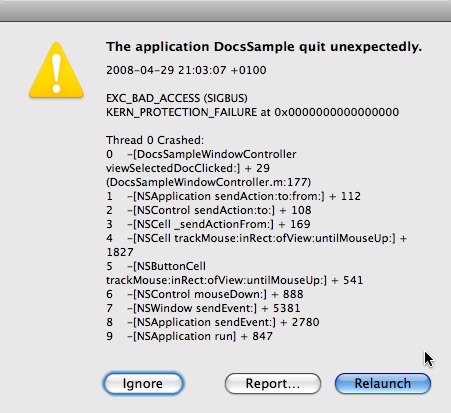When they first announced the App Store and the iPhone SDK I thought that a blogging tool might be something worth downloading. On the first day TypePad had their application but we had to wait until this week for the WordPress equivalent. On the plus side, WordPress for iPhone is both free and Open Source.
First impressions: it’s nice. Setting up a new blog is simple. Writing a new post is straightforward too, just press the “new” button, fill in the fields much as you would in the web interface and get typing. You can also add photos — either directly from the camera or from your photo library — but only to the end of your post.

